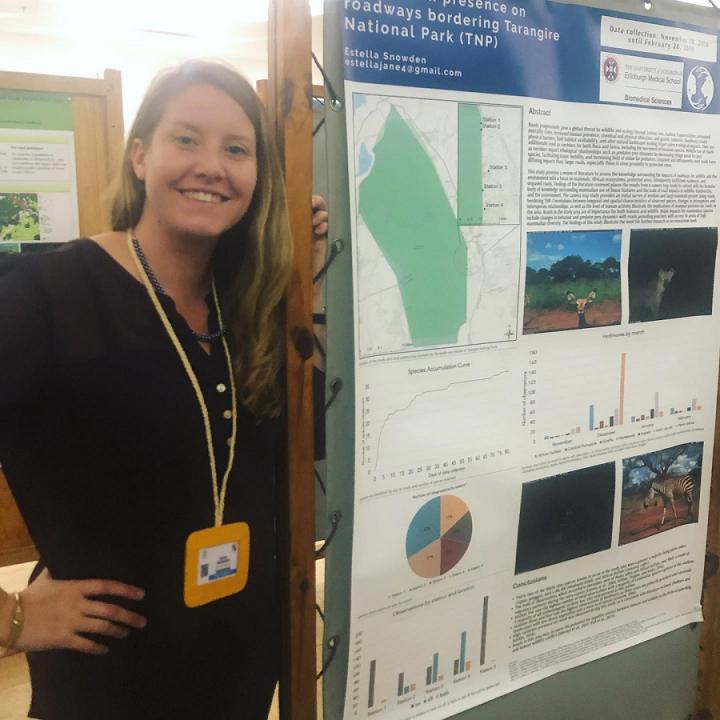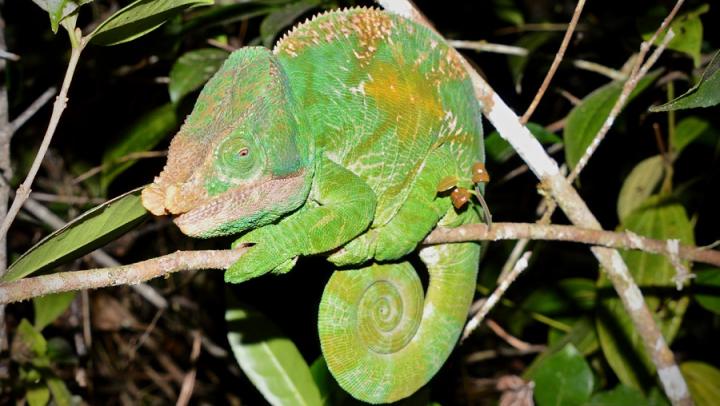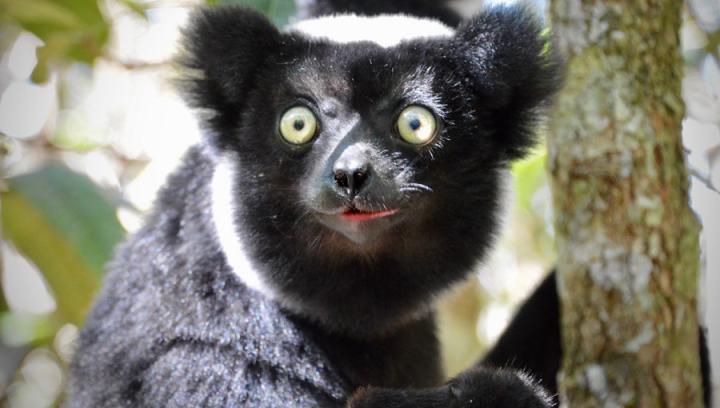Estella Snowden: complex challenges for Madagascar
Estella Snowden presented her dissertation from her final year of the Biodiversity, Wildlife and Ecosystem Health programme at the Association for Tropical Biology and Conservation 2019 (ATBC) conference in Madagascar. Here's what she learned about Madagascar's complex social and environmental issues.

Challenges for tropical biodiversity

This past July, I traveled to Antananarivo, Madagascar to present my dissertation at the Association for Tropical Biology and Conservation (ATBC). This conference brought together an amalgamation of researchers, students, and professionals in a range of scientific disciplines from around the world. The meeting provided the opportunity to share knowledge and extensively discuss methodology, best practices, opportunities, and challenges for tropical biodiversity, conservation, and environmental conservation. Personally, this experience gave me the chance to present my dissertation from the final year of the MSc in Biodiversity, Wildlife and Ecosystem Health programme.

Privelige to be included
The conference itself was a rewarding experience and it was a privilege to be included in this group of professionals, students, and scientists contributing to the body of knowledge shared across a range of fields, disciplines, and environments. While there were numerous impactful moments which occurred throughout the week, one that has stuck with me was the speech given by the president of ATBC, Ahimsa Campos-Arceiz, during his final remarks.

Rapid urbanisation in Madagascar
Senior Campos-Arceiz spoke about the need for hope in conservation, community inclusion, and assessment of our own impacts. Madagascar is a country known for its biodiversity, unique wildlife, as well as the popular animated film of the same name; however, Madagascar is also one of the world’s poorest countries. Tana, the colloquial name for the capital of Antananarivo, is a bustling city in the throes of rapid urbanization and all that goes with it- i.e. heavy pollution and intense traffic.
Preserving biodiversity, supporting people
Attending an environmental conference held in the outskirts of Tana was an eye-opening introduction to the challenges Madagascar faces in preserving its rich biodiversity while supporting the people who call the island home.
Communities as environmental allies
In order to change how our environment is treated, we need to change the way we view people; not as obstacles to protecting ecosystems, but as allies. The expectation that countries with high biodiversity such as Madagascar should heed the warnings of developed nations who have reaped the benefits of development and yet are asking others to not take the same advantage is unfair. We need to work with communities to build their capacity for success through environmental stewardship and sustainable development while also attaining their needs, desires, and goals.
Our academic footprint
In closing, Senior Campos-Arceiz pointed out the footprint we make as conservationists and academics. International conferences such as this one draw in people from around the world which means a lot of international flights and a lot of resources used. Rethinking how we share information as well as assessing our own impact is important. If we are unable to change the way we approach conservation in our daily lives, then there is little chance we will be able to convince others.
This conference was hugely beneficial, and I am glad I attended. However, next year ATBC is planning to find more ways to remotely share knowledge and collaborate online. I hope to attend this conference in the future but next time without taking a flight.

